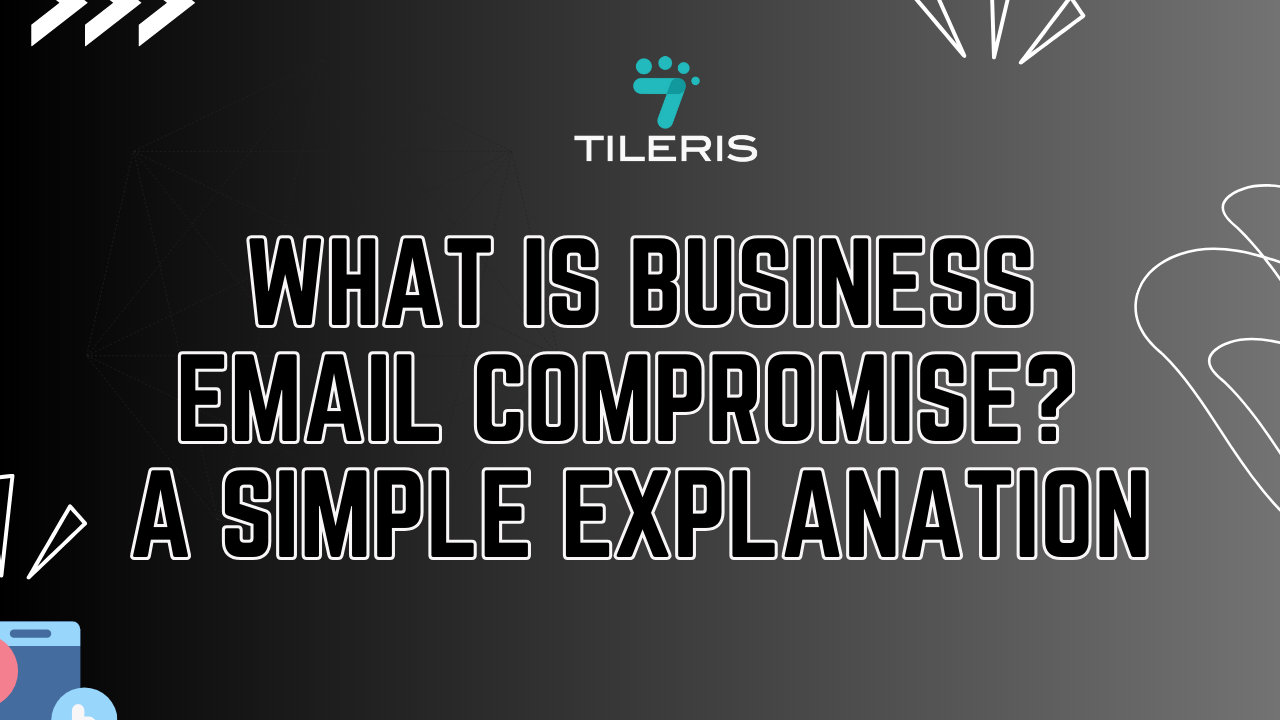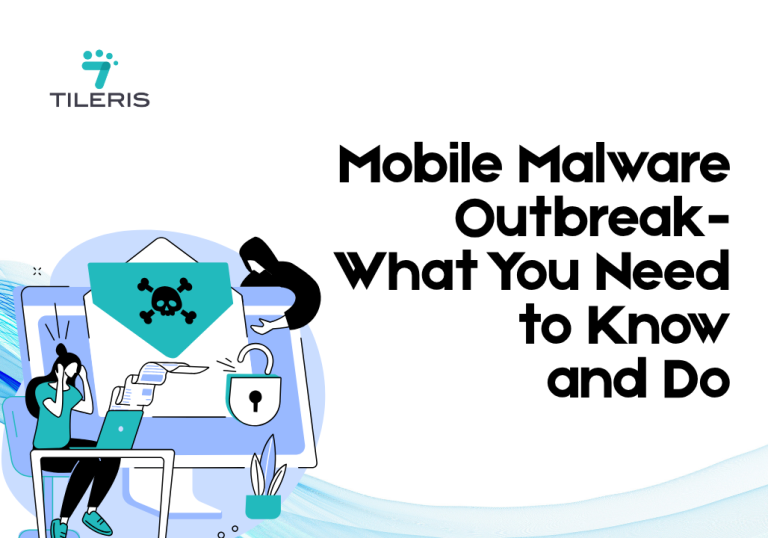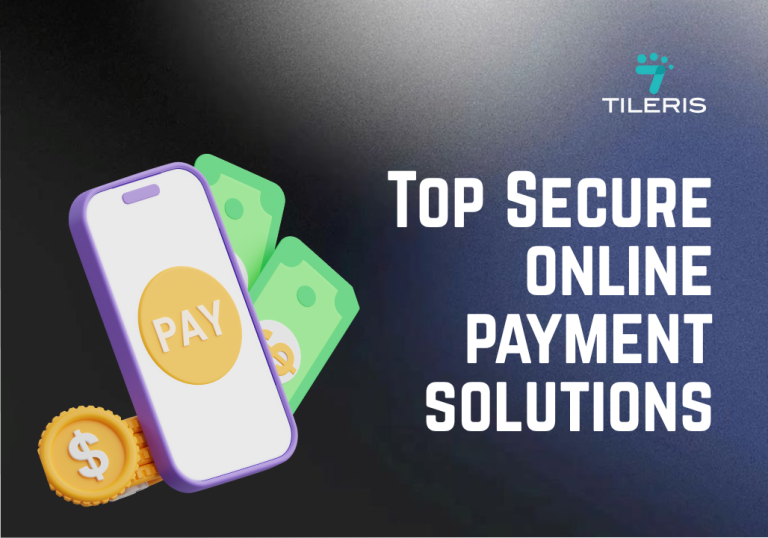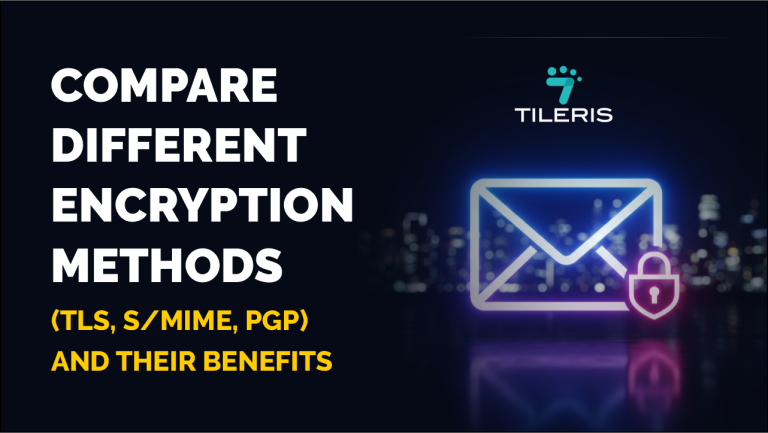What Is Business Email Compromise? A Simple Explanation
Introduction
Imagine getting an email that looks exactly like it’s from your boss, urgently asking you to send a large sum of money to a new account. Because the email looks so genuine, you have no doubts it’s your boss, and so you proceed without a second thought. But what if that email wasn’t really from your boss? And it was from cybercriminals! That is Business Email Compromise and it often takes a different route in its attack. It does not smash through digital doors; these criminals do more of smooth talking, using clever words and fake identities to get what they want.
In this guide, we will be taking you through everything you need to know about BEC. Keep on reading to understand why you need to protect your inbox.
How BEC works?
Scammers use fake email addresses that look very similar to real ones in companies maybe just with one letter changed. They send emails that look like they’re from the CEO or another important personnel in the company, making urgent requests. These scammers also pose as a company you work with. Vendors, subsidiaries and groups sending fake invoices that look real, but with their bank details instead of the actual vendor’s.
Two Things BEC Scammers Need From You!
They Are After Your Money and Secrets!
This is a major one. The FBI’s Internet Crime Complaint Center (IC3) reported that in 2024 alone, businesses experienced over $16.6 billion in losses, due to BEC and similar email compromise scams. BEC scammers like company money, and they really want to take it at every chance they get.
2 Data Exfiltration
They might try to get their hands on sensitive data like customer details, financial records, or secret company plans. This information can then be used for more scams or sold to other criminals.
Quick fact!
You might think, “This probably doesn’t happen much,” or “It only happens to the big companies.” But it does happen to smaller brands, and it can cause serious damage. Just recently, news outlets reported that the Jefferson Parish Sheriff’s Office in the US lost over $1 million due to a phishing scheme – a type of BEC that tricks people into giving up information or money. BEC, therefore, is a major point of concern for even federal organisations. Read here
The average cost of a single BEC incident can range significantly, often reaching tens or even hundreds of thousands of dollars, a financial blow that many smaller companies might not now afford.
How BEC affects You!
Beyond the immediate financial hit, if your company falls victim to BEC, you could also face:
Reputation Damage
People might lose trust in your business if they know the company got compromised. It is therefore always better to avoid these scams than falling victim. Unlike losing money, which can often be recovered (though difficult), a damaged reputation is much harder to fix. It’s built on trust, and once trust is broken, it takes a long time and a lot of effort to rebuild.
Disrupted Operations
Dealing with the aftermath of an attack can take a lot of time and effort, throwing your business off track. The immediate impact of disrupted operations can be very visible and costly, sometimes even more so than the data theft itself in the short term. A disruption in one part of your business can quickly spread, affecting other departments, partners, and even your supply chain.
Legal Trouble
If sensitive customer data is stolen, you could face fines and lawsuits from these consumers. Governments and regulatory bodies (like those that oversee privacy) have rules about how companies must protect personal information. And these rules are to be followed
7 Ways to Protect Your Inbox (and Your Business!)
These are simple things you and your employees can do to protect yourselves from BEC:
Pause before you click (or pay!)
If you get an email asking for money or sensitive information, especially if it feels urgent, take a moment to pause and think. Is this normal? Does it sound like something this person would usually ask via email.
Pick up the phone and verify requests
If you’re unsure about an email request, especially for money, call the person who supposedly sent it to confirm. Use a phone number you know is correct, not one listed in the suspicious email
Be wary of “urgent” requests
Criminals often use a sense of urgency to pressure people into acting quickly without thinking. If an email makes you feel rushed, that’s a red flag.
Look Closely at Email Addresses
Even a tiny difference in an email address (like a missing letter or a different domain ending) can mean it’s fake. Try to spot these subtle changes.
Use Strong Passwords and Two-Step Verification
These are like extra locks on your digital accounts. Strong passwords are hard to guess, and two-step verification adds another layer of security beyond just your password.
Train Your Team
Make sure everyone in your company knows about BEC scams and how to spot them. Regular training can make a huge difference.
Have Clear Rules for Payment
Set up procedures that require more than one person to approve large payments or changes to vendor details.
Conclusion
Business Email Compromise is a serious threat, but by understanding how it works and taking simple precautions, you can significantly reduce your risk. Stay vigilant and encourage a healthy culture in your workplace, and remember that when it comes to suspicious emails, it’s always better to be safe than sorry.
Frequently Asked Questions
Tileris offers a range of cybersecurity services to protect businesses from evolving digital threats. Secure your business with a trusted partner. Request a demo today! Visit Tileris






